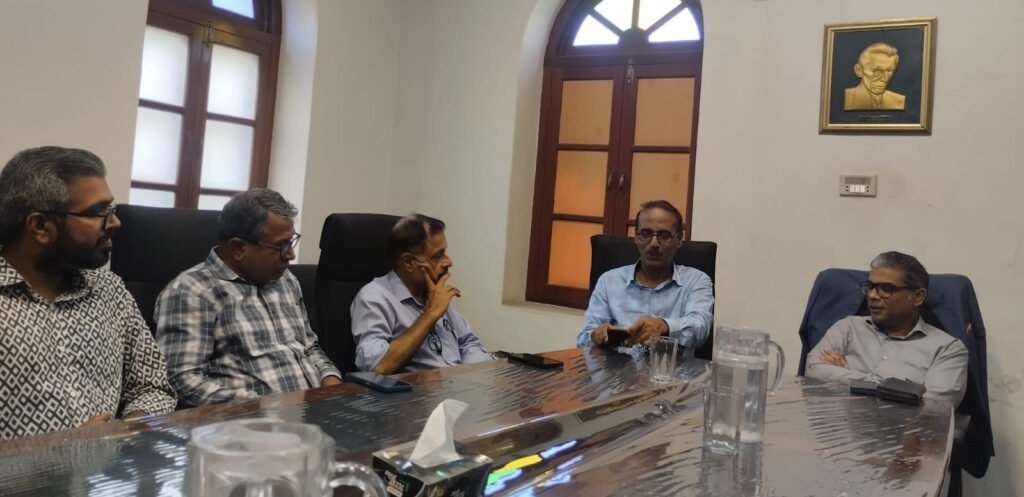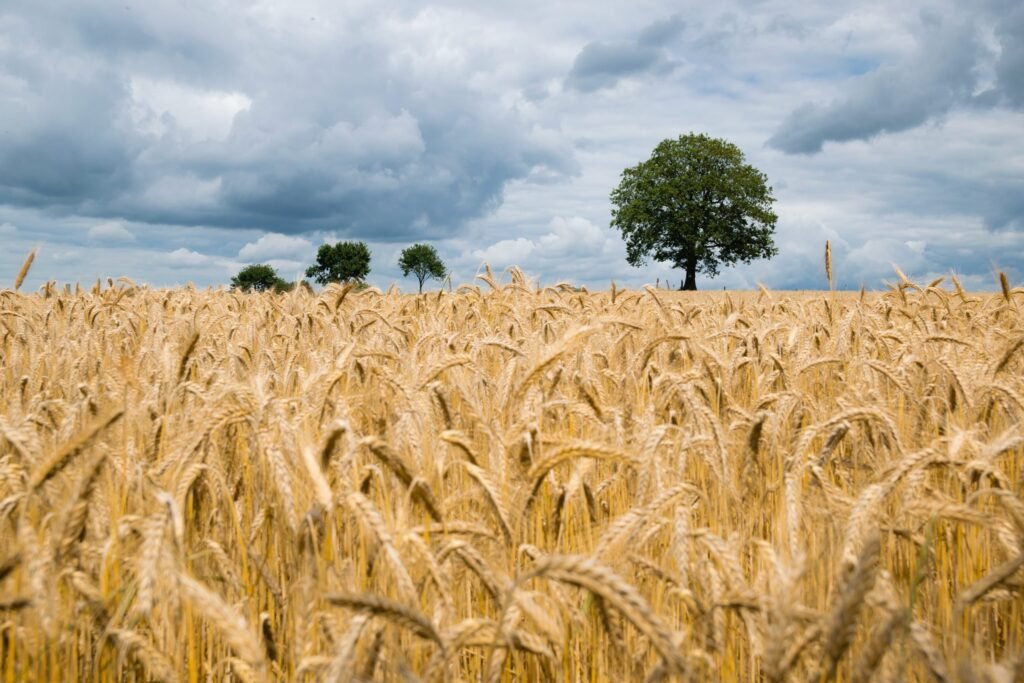PAKISTAN
By Manzoor Shaikh
President of the Sindh Abadgar Board, Mehmood Nawaz Shah, has criticized the country’s narrow approach to food security, saying that “unfortunately, our food security paradigm begins with wheat — and ends with wheat.”
Speaking at a session organized by Sindh Debates, a conversation-based platform, at the Karachi Press Club, Shah said that despite the presence of four provincial ministries, a federal setup, and departments for Kashmir and Gilgit-Baltistan — all collectively spending billions of rupees — their performance remains unsatisfactory.

Sindh Debates Session at Karachi Press Club
“Other than the provision of wheat, is there any other work they are doing?” he asked, adding that even wheat management is not being handled efficiently. He noted that these departments are mandated to ensure food security at least to the extent of wheat, yet they are “completely missing their target.”
Explaining the broader concept of food security, Shah emphasized that it is not merely about production. “If food is available but not accessible, not available at all times, or not affordable, then it cannot be called food security,” he said, recalling the 1996 UN World Food Summit definition that describes food security as the state in which food is nutritious, available at all times, and accessible to all people.
He criticized the government’s narrative of success based on marginal price reductions, saying, “If they announce wheat prices have been reduced and the price of roti has gone down by 50 paisa, what’s the point? We are not food secure at all.”
Highlighting the gravity of the situation, he pointed to indicators such as child stunting and wasting, which, he said, are not improving and cannot be solved through agriculture alone, though agriculture remains a crucial component of food security.
Shah also disclosed that the Sindh cabinet recently approved a loss of Rs80 billion worth of wheat, yet no one has questioned how such a massive loss occurred or where the wheat went. “Around the world, people store wheat for years — but here, it simply vanishes,” he remarked.

